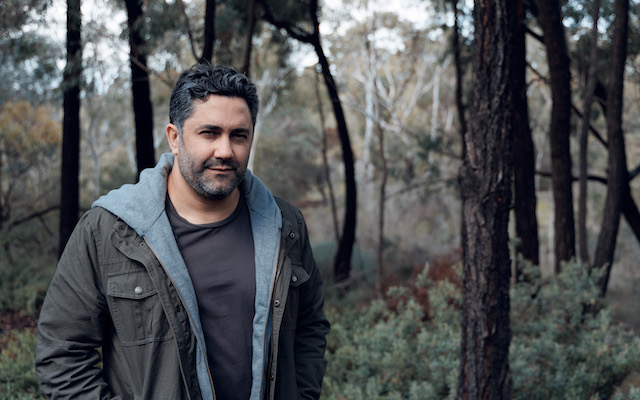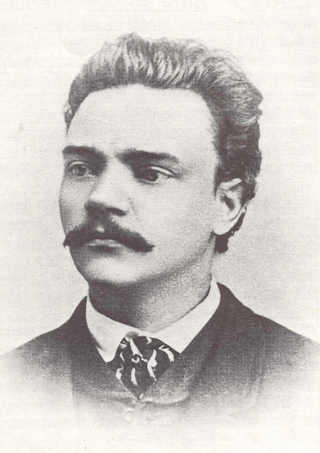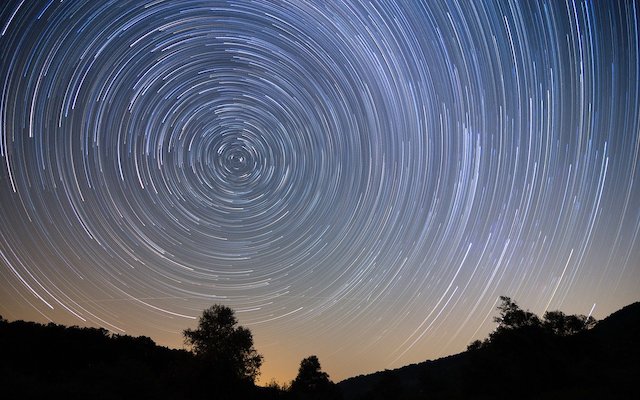Worlds Around Us
Each of the three composers featured in this concert have expressed in music their response to the worlds around them – worlds that are real and imagined, intimate and majestic, faraway and close to home – and sometimes, everything all at once!
Tickets
$25 Adult / $20 Concession
$10 Secondary School Students
Children 12 and under Free
The Music
Dvořák
In Nature’s Realm overture
Ella Macens
The Space Between Stars
James Henry
Warrin
Dvořák
Symphony No.8
Ella Macens

Ella Macens is a Sydney composer of Latvian heritage. She completed a Bachelor of Music (Composition) with first class honours at the Sydney Conservatorium of Music, and has studied composition with Matthew Hindson. In 2016 she was one of four composers selected to participate in the Sydney Conservatorium of Music’s inaugural Composing Women program. She is the recipient of many awards and residencies, and in 2022 was nominated by the Sydney Symphony Orchestra’s Chief Conductor Simone Young for the first ever People’s Choice Concert for her work ‘The Space Between Stars’.
In an interview with ZoneOut, she described the work as growing from the experience of looking up at the night sky and pondering the place of the stars, in time as well as space.
‘Through this piece I wanted to convey the energy and magic of our night sky, and explore the power that I believe it holds. I wanted to explore the delicate and graceful elements – the flickering lights, the beautiful tones and the soft smudge of a falling star, as well as the bold and triumphant concept of enormous constellations surrounding us.’
You can read more about Ella Macens here, https://www.ellamacens.com/bio
James Henry

James Henry is a highly sought-after composer and sound designer known for his fusion of traditional Aboriginal and contemporary musical genres. He has composed for prestigious ensembles including the Sydney Symphony Orchestra, Melbourne Symphony Orchestra, Sydney Philharmonia Choir, and the Melbourne String Ensemble. He has also held the role of musical director for events including the ‘Dreamtime at the G’ opening ceremonies and the Melbourne Festival’s ‘Tanderrum.’ James has received numerous commissions for his work, which takes in theatre and dance productions.
James is also a singer/songwriter who has toured extensively as both a solo artist and a featured performer alongside renowned acts like the Black Arm Band and Buried Country. Additionally, he has explored his creative prowess as a DJ and producer, working under the pseudonym Nurra and crafting House and Techno music.
The work in this concert, Warrin, was part of ‘The Seasons’ project conceived by the Melbourne String Ensemble in 2021. Three composers were commissioned to write a work about the Indigenous seasons of Australia. James Henry’s work was inspired by Warrin, the Wurundjeri ‘wombat’ season in April-July.
“Musically the piece is inspired by animal movements, weather and Wurundjeri preparation for the colder and wetter months. The piece starts with a solo violin representing Bunjil (Wedge-tailed Eagle) in flight and finishes with a rain of pizzicato as soloists represent the Wurundjeri moving to higher land due to flooding.”
For more information about the project, visit https://mse.org.au/programs/seasons-project/. You can find out more about James Henry at https://www.jameshenrymusic.net/. The Preston Symphony Orchestra commissioned this version of the work for full symphony orchestra.
Antonin Dvořák

Antonin Dvořák is the leading Czech composer of the 19th century. His output includes symphonies, chamber music, operas and songs such that he has been described as ‘arguably the most versatile composer of his time’. His music is testimony to an enduring commitment to his native Bohemia – its folk rhythms and tunes can be heard throughout his compositions.
He was born in 1841, and after showing early talent as a violinist, went on to study piano, organ and music theory. After an unsuccessful application to be a church organist, he joined a theatre orchestra as a viola player and became exposed to the world of opera. He composed his first string quartet in his 20s, as well as early attempts at symphonies (several of which he chose to burn). His work was little known outside Prague until in 1875 he won an Austrian composition competition whose jury was headed by Brahms (Brahms was a quasi-mentor to Dvořák for the rest of his life).
Success did not follow quickly and Dvořák suffered from anti-Czech sentiment on several occasions. Visits to Britain in the 1880s boosted his reputation and from 1892–1895, Dvořák was director of the National Conservatory of Music in New York, during which stay he composed the symphony ‘From the New World’ and the glorious cello concerto. He returned to Europe in 1895 a hero of Czech culture – his 60th birthday in 1901 was a national event. He died in 1904 from influenza at the age of 62. He left many unfinished works but continues to be revered in his homeland, as well as round the world.
Both the concert overture, In Nature’s Realm, and the Symphony No 8, show Dvořák’s great fondness for Czech folk music and his enthusiasm for capturing the sounds of the natural world. The symphony was composed first, in 1890, and its cheerful mood sets it apart from much of Dvořák’s other orchestral works. The first movement is an occasion for birdsong, the second evokes a summer’s day; the third movement presents a waltz, with a further call to dance in much of the final movement. Throughout the symphony, Dvořák draws on melodies from Moravia and makes full use of the distinctive colours of the instruments in the orchestra.
Dvořák returned to several of these ideas the following year when he composed In Nature’s Realm in 1891. The overture was conceived as part of a trilogy of concert pieces taking up respectively the themes of nature, life and love. Dvořák’s notebooks reveal that he toyed with alternative titles for the opening work, possibly Summer’s Night or In a Secluded Place, and certainly it begins and ends in an intimate manner. It’s a joyful immersion in the sounds of the Czech countryside, from the singing of birds to Moravian yodelling. Dvořák himself conducted the premiere in 1892, prior to traveling to the United States. It was immediately praised as having ‘the freshness of a spring idyll’, with ‘intense instrumental tone colour.’ You will have a chance to decide for yourself when the overture opens the concert by the Preston Symphony Orchestra in November!

